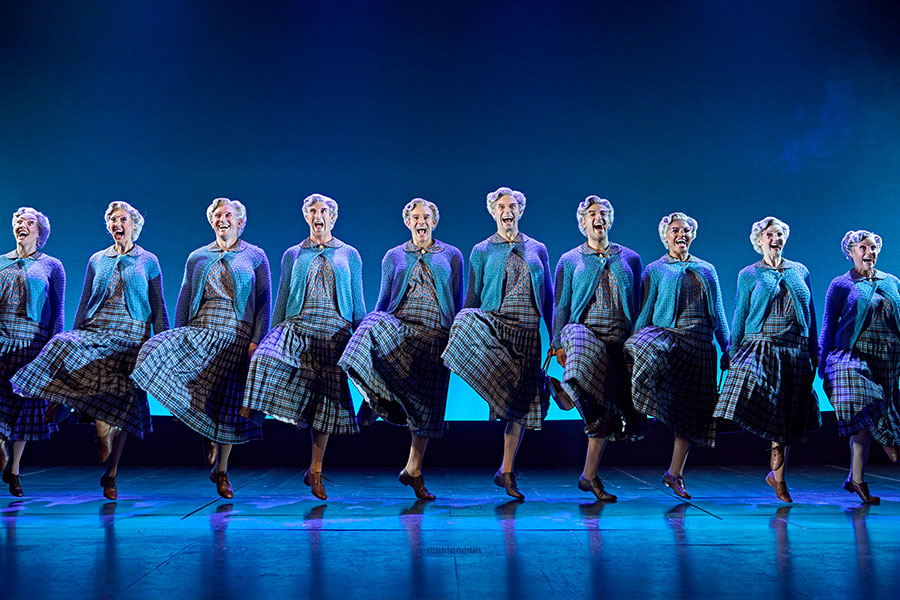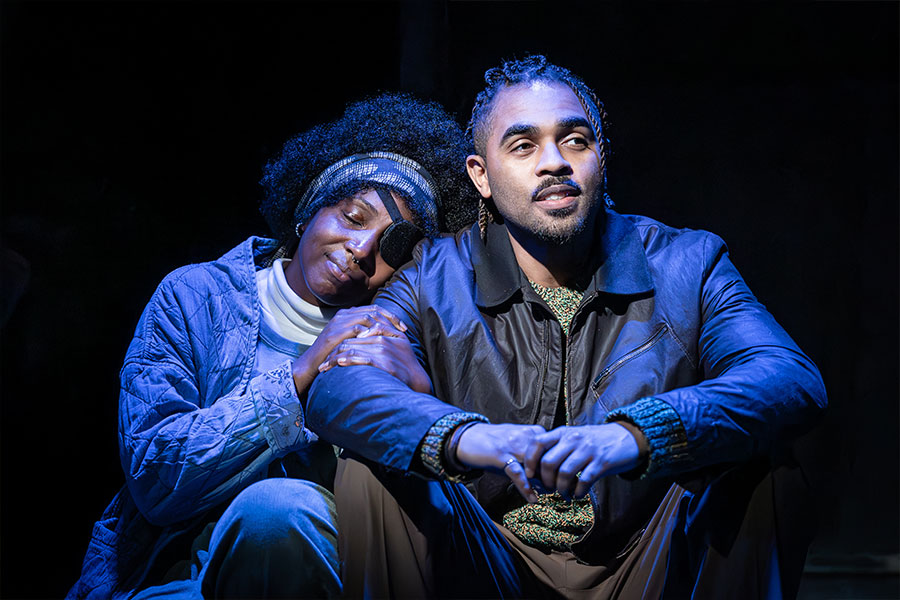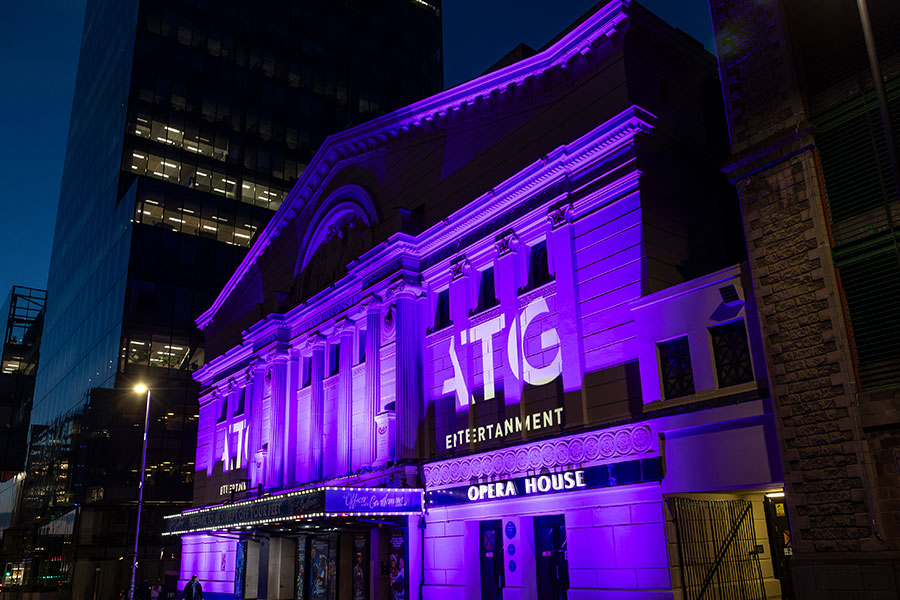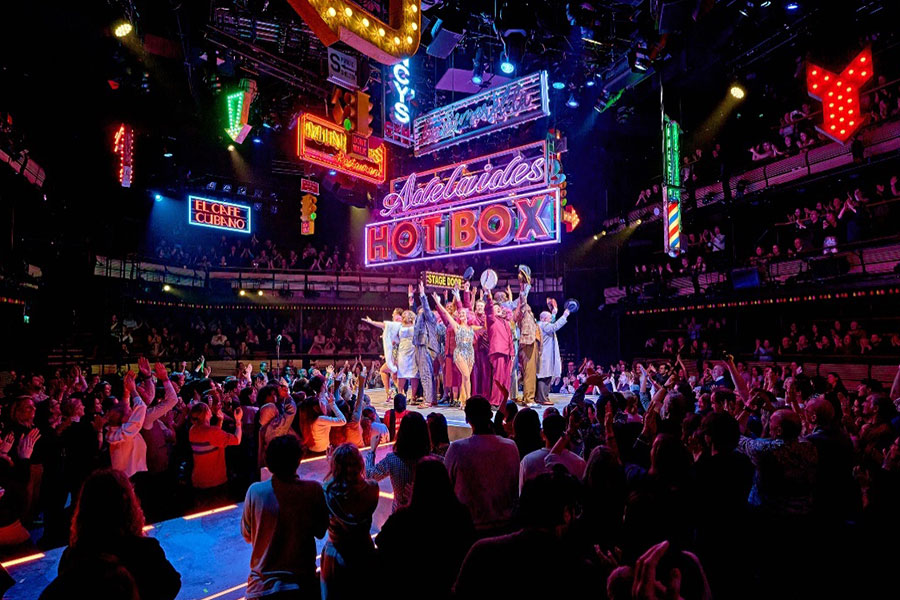Thomas More (RSC)
Robert Delamere’s production of this Tudor potboiler by Anthony Munday, Shakespeare and others, returns to its rightful home: for this is a play about London as much as it is about More’s conscience and his conflict with the king. The London mob plays a prominent part in the action and More is presented as a sort of London hero rather than a martyr.
As might be expected from a play that had to tread a fine line with a censor, there’s no mention of Catholicism, no mention of Henry’s split from the Church or his wish for divorce – in fact, there’s very little religion at all. It’s an interesting comparison to Robert Bolt’s A Man for All Seasons (which coincidentally opened the same week in the West End), which dwells at length with the man as a voice of conscience – but then, Thomas More‘s authors were well aware of the consequences of promoting Catholicism, let alone criticising the Queen (of the time)’s father.
The result is a fascinating portrait, revealing More as an actor as much as martyr. The impression given is of a man who seeks execution almost for the opportunity it gives him to be centre stage.
While this is certainly unfair to More the man, it does give Nigel Cooke some rather meaty speeches and a chance to play a most attractive character and an authentic hero. Cooke seizes the chance and reveals a humanistic and witty hero. As Doll Williamson, Michelle Butterfly gives a heartfelt performance as that rarest of beasts in a Tudor play – a working-class woman.
The most interesting aspect of the evening is spotting the sections written by Shakespeare. The most obvious, when More quells the rebellion against the foreigners, offers some marvellous speeches – and a prescient reminder, in a time when there’s still much inflammatory language against asylum seekers, that xenophobia is not a modern phenomenon.
It would be foolish to pretend that the RSC has uncovered a lost masterpiece, but there’s plenty of interest here to justify its revival.
– Maxwell Cooter
Note: The following THREE-STAR review dates from March 2005 and this production’s earlier Stratford run.
Though it bears his name, along with three others, as author, in all probability, Shakespeare contributed but a single scene to Thomas More. It’s certainly difficult to detect his hand elsewhere in this rambling drama which may never have been performed before an Elizabethan or Jacobean audience.
Indeed this, the opening salvo in the Royal Shakespeare Company’s Gunpowder Plot season, is the first major production of Thomas More. Was it worth the wait? The play is a very uneven affair. It opens with the London rabble in uprising against the ‘aliens’ and ‘strangers’ in their midst. The action is largely set in a dingy modern interior with unspecific modern dress, though director Robert Delamere eschews any obvious references to the current hue and cry against asylum seekers.
These scenes are played with a real sense of style and urgency but suffer from a surfeit of rhetoric, some of it inaudible. Enter man of the title More who, in a speech attributed to the Bard, persuades them to put down their coshes and other motley weapons and give themselves up.
Cue the elevation of More to the Lord Chancellorship, courtesy of the favour of Henry VIII who remains an unseen presence throughout. As with Robert Bolt’s A Man for All Seasons though, More is faced with a sudden challenge to his conscience which turns his world upside down.
Nigel Cooke, bearing a startling resemblance to former TV presenter Johnny Ball, turns in a fine performance as More whose high learning is leavened with an abiding sense of mischief. In one comic scene, he has his servant play himself before the scholar Erasmus while he hides under the table. And in another, he joins in a performance by a group of travelling players. This features a terrific James Mason impersonation by Geoffrey Freshwater, here playing Vice.
The first half, in truth, lags somewhat despite fine ensemble performances, particularly by Michelle Butterfly as Doll and Peter Bramhill as Lady Vanity and ‘Lifter’. However, the quality of the writing lifts proceedings considerably in the second when More is newly elevated to high office.
Thomas More is not an ‘ishoos’ play as Bolt’s is. Questions of conscience and xenophobia go unexplored and the play remains a curiosity. More may be less but this is a first-rate production.
– Pete Wood










